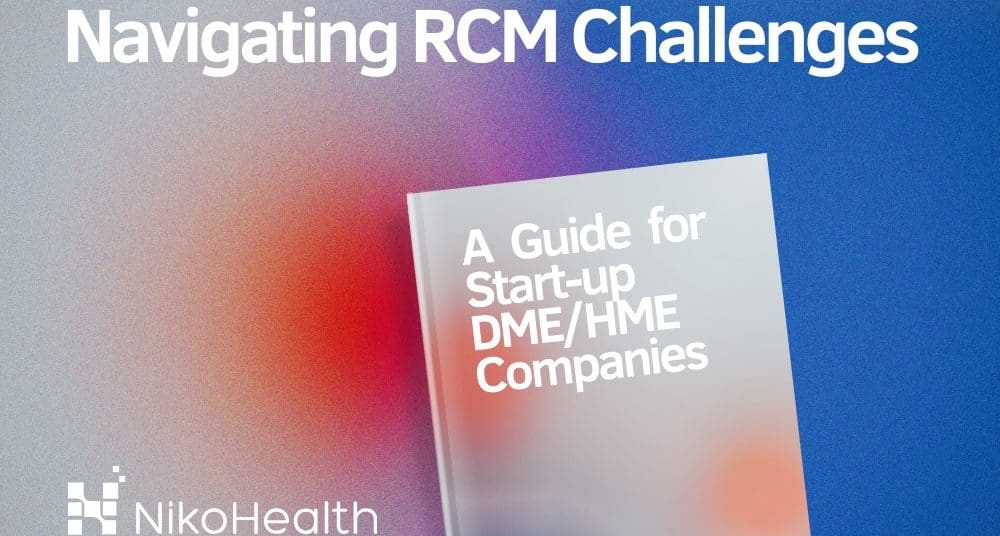Launching a Durable Medical Equipment (DME) or Home Medical Equipment (HME) start-up is an exciting venture but comes with its fair share of challenges. Among these challenges, implementing an efficient Revenue Cycle Management (RCM) platform is crucial for financial success.
In this blog post, we will explore five common issues that start-up DME/HME companies often encounter when dealing with RCM solutions, plus some recommendations.
1. Cost and Add-ons:
Many RCM companies like to play the nickel-and-dime game. They hit you with extra charges for every little add-on module. If you’re on a tight budget, this can be a real headache. Look for an all-in-one RCM platform with straightforward and fair pricing. Don’t let them sneak in those extra fees – go for transparency and keep your finances in check.
2. Reporting and Data Access:
The last thing any business needs is data silos. Whether you are managing multiple systems to run your business or operating within a single platform, having access to data is key to success. Interoperability between systems can get complicated, especially if you are a startup, look for billing and RCM solutions that offer robust native reporting, API functionality enabling systems integrations, and data warehouse connectors to enable business intelligence tools.
3. Staff Training:
Small teams common in start-ups make staff training a challenging aspect of implementing an RCM platform. Dedicating time for training while maintaining daily operations can strain resources. Choosing an RCM solution with intuitive interfaces and accessible training resources is essential to ensure a smooth transition for staff members.
4. Complex Payer Requirements:
Managing complex payer requirements related to clean claim submissions can be challenging. Preventing unnecessary rejections and denials requires a billing and RCM solution that can accommodate unique payer requirements across a broad category of DME/HME product categories.
5. Data Insights:
Understanding the pulse of your business is crucial, especially for startups. When choosing an RCM platform, prioritize those with robust, user-friendly reporting tools. It’s not just about handling more data; it’s about having insights that are easy to grasp. Seek an RCM solution that gives you a clear picture of your financial health without making you decipher complex reports. With reporting tools that are both powerful and intuitive, you can keep your finger on the pulse of your business without getting lost in the numbers.
Conclusion
In the competitive landscape of DME/HME start-ups, overcoming Billing and RCM challenges is essential for financial stability and growth. By strategically addressing issues such as cost and add-ons, reporting, data insights, complex payer requirements, and scalability, start-ups can position themselves for success. As a solution that effectively addresses these challenges, consider exploring NikoHealth—a comprehensive billing and RCM platform designed to elevate your business in the dynamic DME/HME industry. Stay tuned for valuable insights and recommendations to enhance your RCM strategy and maximize the potential of your start-up.





Related Articles